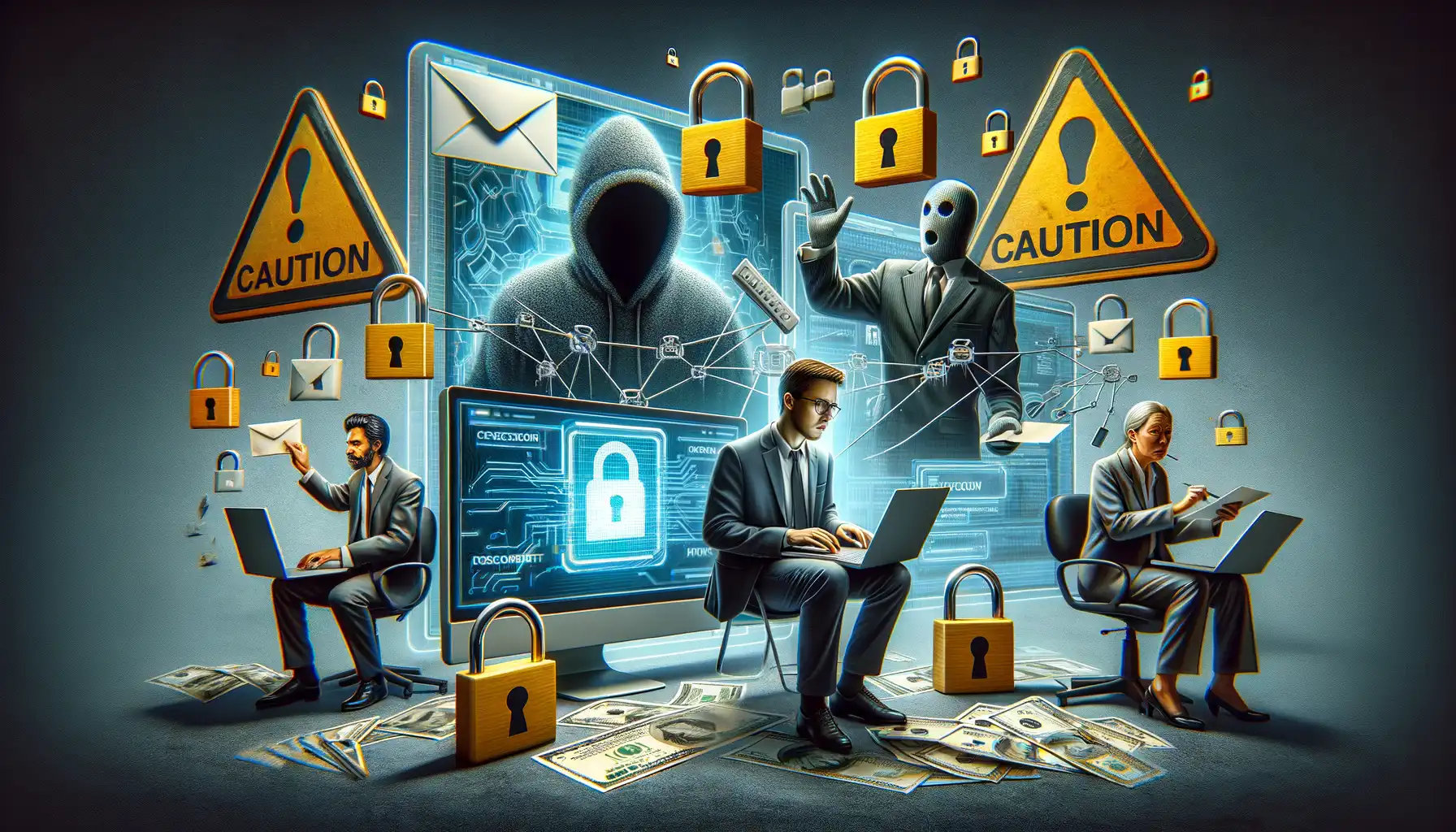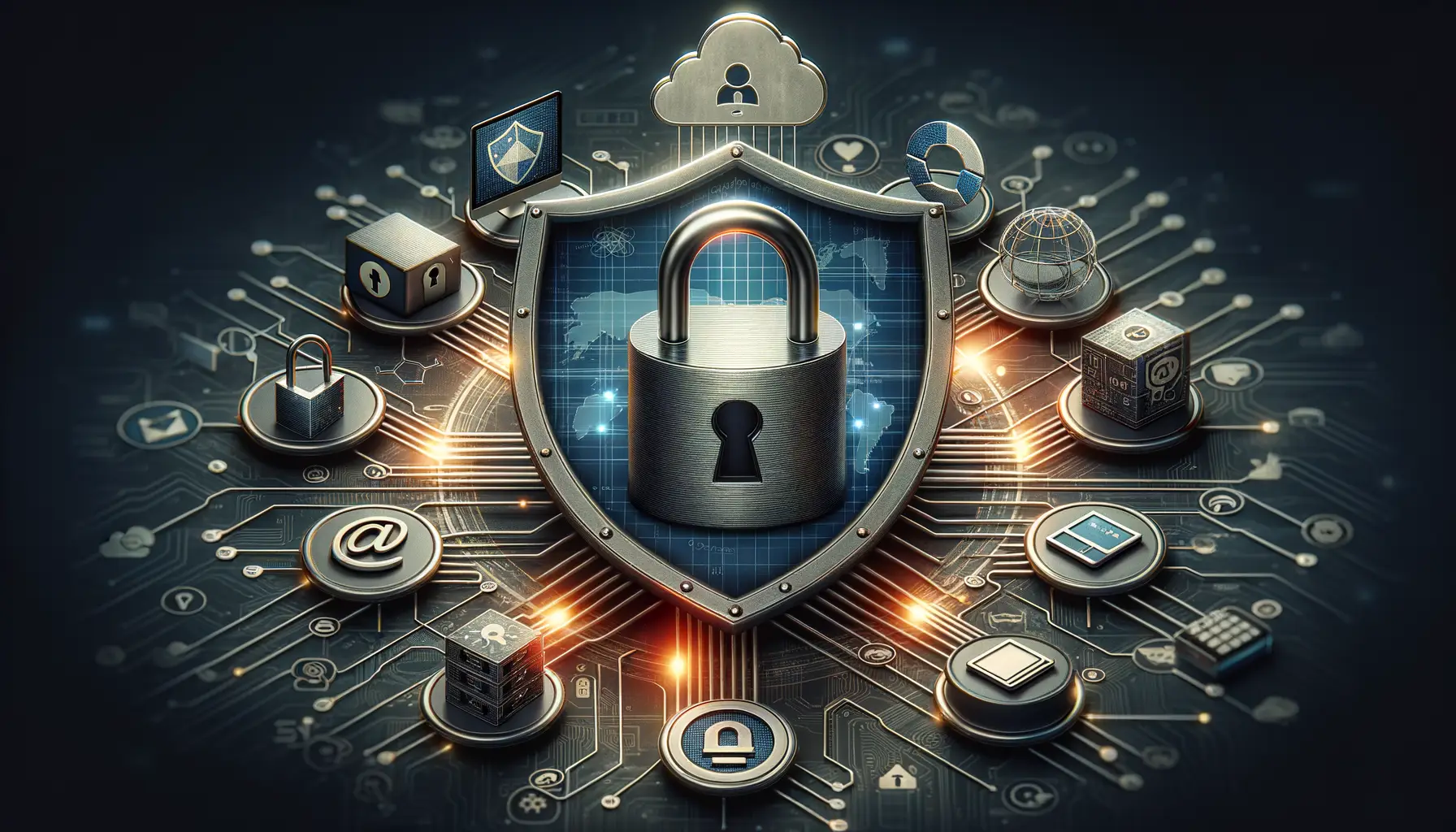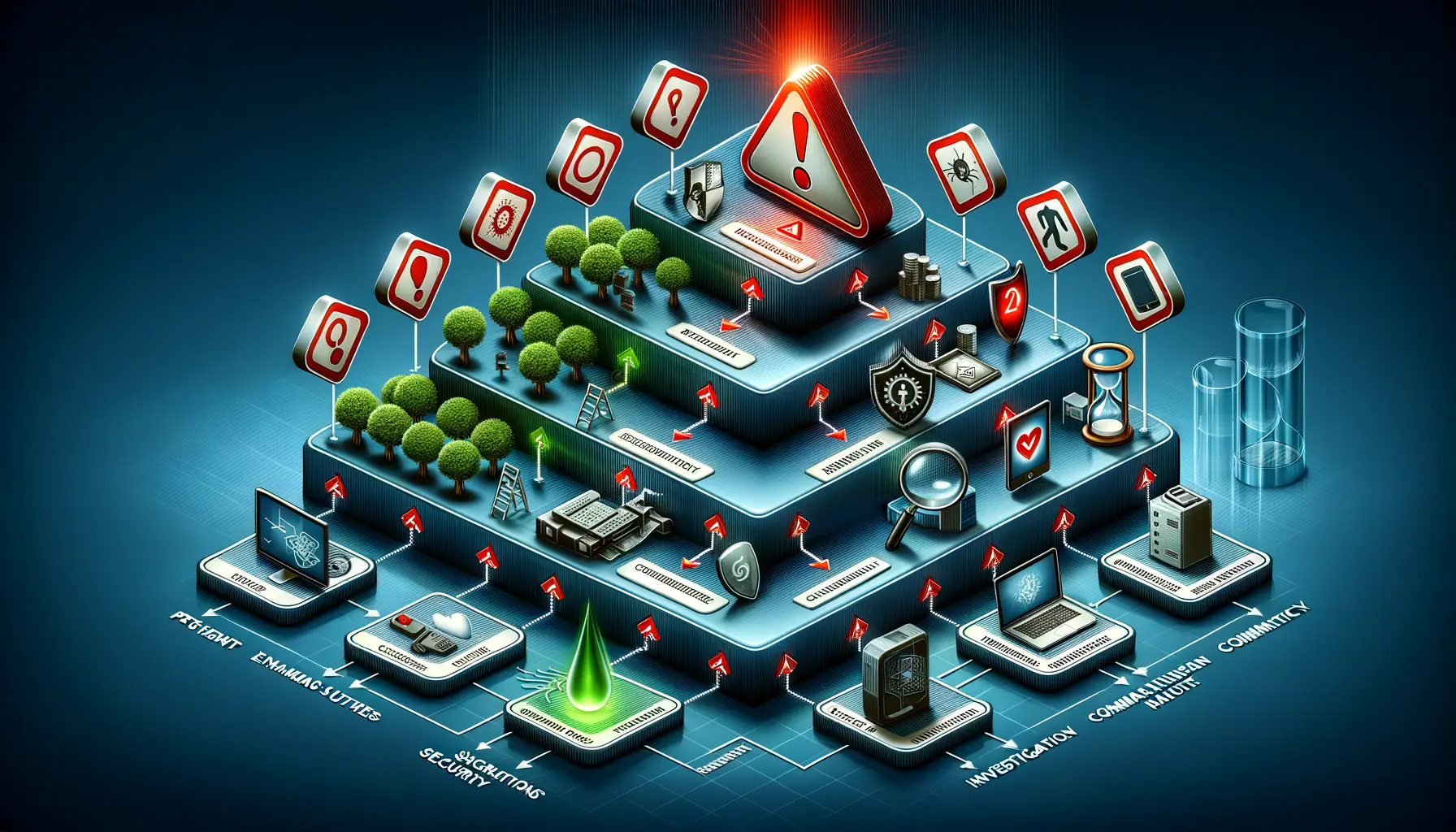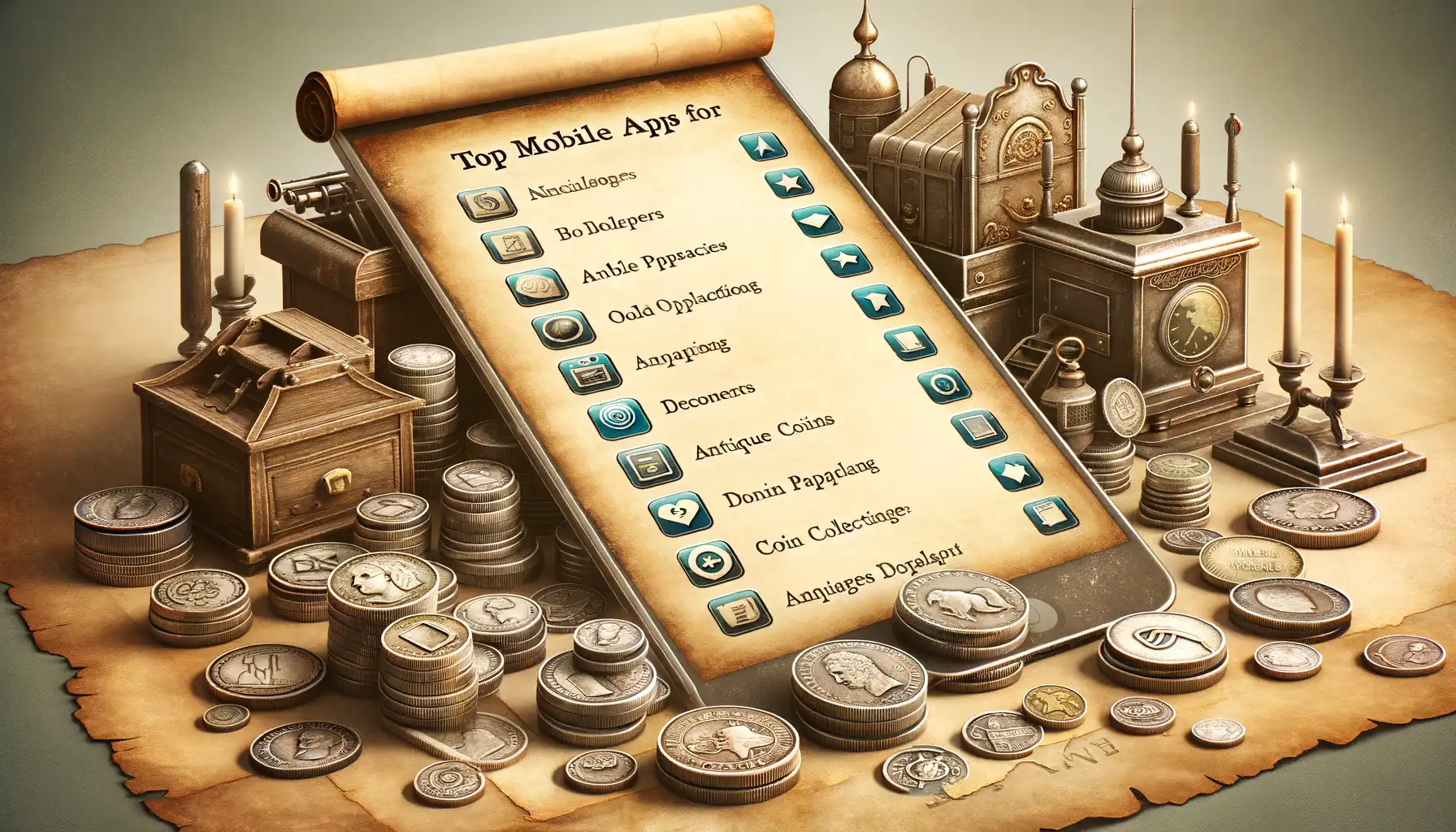Understanding the Importance of Cybersecurity in Today’s Digital World
In a world where everything from your grocery shopping habits to your dream job applications lives online, protecting yourself digitally has never been more critical. Picture this: your laptop, filled with years of hard work, personal stories, and private details, becomes an open book for cybercriminals. Scary, right? That’s why understanding cybersecurity is not just an option—it’s your secret weapon in today’s digital battleground.
Why Cybersecurity Matters Right Now
Every click you make, every email you send, and every password you type can either keep you safe or open the door to trouble. For freelancers and job seekers, who often juggle multiple platforms, tools, and clients, the risks multiply. A simple phishing email masked as a freelance project offer or a fake job posting requesting your personal data can wreak havoc on your career, finances, and even reputation.
Without robust online protection, freelancers could find themselves losing gig income, while job seekers might unknowingly share their private information with fraudsters. It’s a modern-day game of cat and mouse, and guess what? You don’t have to play the victim.
What Are You Up Against?
- Hackers who thrive on weak passwords and outdated software.
- Malware disguised as harmless downloads on job boards.
- Phishing attacks that feel eerily personal—because they are.
Cybersecurity is more than installing antivirus software; it’s about staying steps ahead of those who’d love nothing more than to profit from your vulnerabilities. Think of it as locking your virtual front door every time you go online. After all, would you ever leave your home wide open to strangers?
Common Cybersecurity Threats Faced by Freelancers and Job Seekers

Phishing Scams and Fake Job Offers
Picture this: you get an email that looks like a dream job offer or a client eager to hire you. The logo? Spot on. The language? Professional. But here’s the kicker—it’s too good to be true. Phishing scams are designed to reel you in with fake promises while stealing your sensitive data, like passwords or banking details.
Freelancers and job seekers are especially targeted with:
- Fake job postings: These lure you into handing over personal information or even paying a “registration fee.”
- Impersonation tactics: Hackers posing as companies or clients to gain your trust.
Always verify email sources, URLs, and make it a rule to never share private info without rigorous checks.
The Hidden Danger of Public Wi-Fi
You might feel cozy working at your favorite café, latte in hand, but that public Wi-Fi is a trap. Hackers often creep into these networks, waiting for someone like you to log in to their email or payment accounts. Think of them as digital pickpockets, hovering invisibly.
A major threat? Man-in-the-middle attacks, where cybercriminals intercept your data as it flows between your device and the server. Imagine sending a client invoice, only for it to be intercepted and altered by a hacker. It’s chilling, right?
Invest in a reliable VPN—it’s the shield your online presence desperately needs.
Best Practices to Safeguard Your Online Presence

Locking Down Your Digital Front Door
Picture this: your online presence is like your home. Would you ever leave your front door wide open, inviting just anyone to wander in? Of course not! But without proper safeguards, that’s exactly what happens in the digital world. Protecting yourself starts with strong, unique passwords. Think of them as your digital keys – would you use the same key for your house, car, and office? Hopefully not! Tools like password managers can create and store complex, uncrackable combinations effortlessly for you.
Let’s not forget about two-factor authentication (2FA). It’s like adding a second lock to your door – even if someone steals your key, they can’t get in without the code sent directly to you. Never skip it if the option is available!
Be an Online Detective
You wouldn’t meet a stranger on the street and hand over your wallet. So why throw caution out the window when it comes to links or emails? Be curious, almost skeptical. Before clicking anything, hover over the link. Does it look suspicious? If your gut whispers “ehhh…”, trust it.
Here are some habits to adopt today to stay savvy:
- Keep your software up to date. Those updates aren’t just annoying pop-ups – they’re shields against hackers exploiting old vulnerabilities.
- Avoid oversharing on social media. Posting your excitement about a new gig? Awesome! Sharing your birthdate and location? Not so much.
- Run regular antivirus scans. Think of it as a digital health check-up for your devices!
Tools and Technologies for Enhanced Cybersecurity

Turn Your Devices into Fortresses
In today’s wild west of the digital world, your devices are your front doors—and trust me, you don’t want to leave those swinging wide open. The good news? There’s a treasure chest of tools and technologies to lock them up tight. Take a moment to explore some core essentials:
- VPNs (Virtual Private Networks): Picture this—your private tunnel on the internet highway. A VPN encrypts your data, hiding it from prying eyes as if you’re wearing an online invisibility cloak.
- Password Managers: Who can remember passwords like “XpL$8m_vQz”? Let a password manager do the heavy lifting by generating and securing ridiculously strong passwords for each platform.
- Two-Factor Authentication (2FA): Think of this as a second lock on your door. Even if someone gets your password, they still need that extra layer—like a code texted to your phone—to break in.
Advanced Weapons in the Fight Against Cybervillains
For those who want to take things up a notch, consider using advanced cybersecurity software. Tools like firewall programs work tirelessly in the background, blocking shady traffic like a virtual bouncer at an exclusive club. Meanwhile, systems like antivirus and anti-malware software act as detectives, identifying and eliminating threats before they wreak havoc.
Feeling ambitious? Try endpoint protection platforms like CrowdStrike or Sophos, which go beyond traditional antivirus solutions. They monitor suspicious activity in real-time and adapt as threats evolve. Think of them as highly-trained security guards with night-vision goggles.
Remember: These tools aren’t luxuries—they’re necessities in a world where cybercriminals prey on the unprepared. Equip yourself with these technologies, and you’ll sleep easier knowing your online presence is shielded.
Steps to Take if You Experience a Cybersecurity Breach

Stay Calm and Assess the Damage
The first rule of navigating a cybersecurity breach is to take a deep breath. It’s easy to panic, but this is the moment you need clarity, not chaos. Think of it like discovering a leaky pipe in your house—acting fast can minimize the damage. Start by evaluating what’s been compromised. Was it your email? A freelance platform account? Perhaps even sensitive files? Knowing the “what” helps you figure out the “how.”
Next, disconnect. If you’re still logged in to a suspicious session or connected to a potentially compromised network, get off it immediately. Change devices if you can—it’s like switching to clean water after finding contamination. This ensures that you don’t inadvertently spread or worsen the issue.
Take Action to Lock Out Intruders
Once you know what’s breached, it’s time for damage control. Here’s your battle plan:
- Update passwords immediately, but don’t reuse old ones. Use a password manager to generate strong, unique combinations.
- Enable two-factor authentication (2FA) wherever possible—it’s like adding a second deadbolt to your digital doors.
- Scan your devices for malware using trusted antivirus tools. Potential intrusions could linger long after the attack.
Finally, let affected platforms or services know. Contact their support teams and report the breach. Many companies have protocols to help you recover, and some can even freeze transactions or limit further access to your compromised accounts. Help is closer than you might think!







